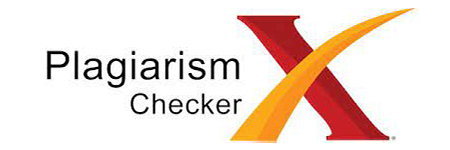The Development of Critical Thinking in Public Wealth Education in the Global Era and Its Relevance to the Value of Cultural Symbols
DOI:
https://doi.org/10.71094/josse.v1i1.84Keywords:
globalization, local symbols, Ngada culture, critical thinking, educational innovationAbstract
The development of quality human resources is the main requirement in facing the era of economic globalization and the communication revolution. Educational institutions have a strategic role in shaping and developing student potential through conducive learning patterns. In this context, Social Sciences (IPS) education faces great challenges, especially in improving the quality of education and educators. Social studies education is required to innovate and present solutions for its relevance and sustainability in the midst of rapid social change. The main objective of social studies education is to prepare citizens to be able to make reflective decisions and actively participate in social life, based on local cultural values. This research uses a qualitative approach with a literature review method (library research) that focuses on the relationship between local symbols in Ngada culture, social thinking skills, and globalization challenges. The three aspects are analyzed as an interrelated unit, emphasizing the importance of a contextual approach in social studies education. Local symbols are not only seen as cultural heritage, but also as a means of learning to develop students' critical and reflective thinking in understanding global social realities without letting go of local cultural roots.
Downloads
Published
Issue
Section
License
Copyright (c) 2025 Fransiskus Xaverius Rema, Furkan (Author)

This work is licensed under a Creative Commons Attribution-ShareAlike 4.0 International License.










